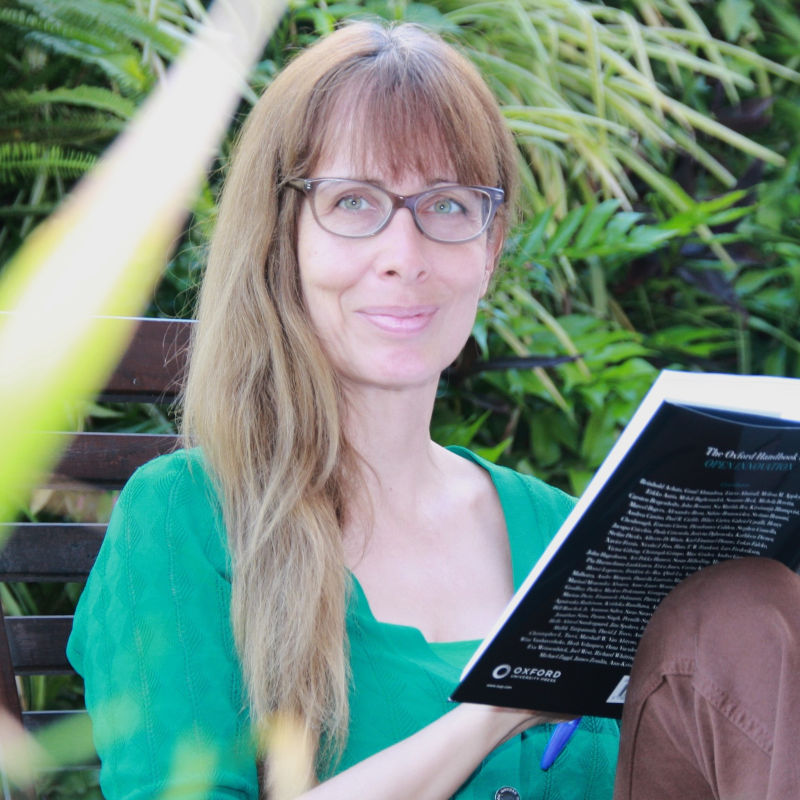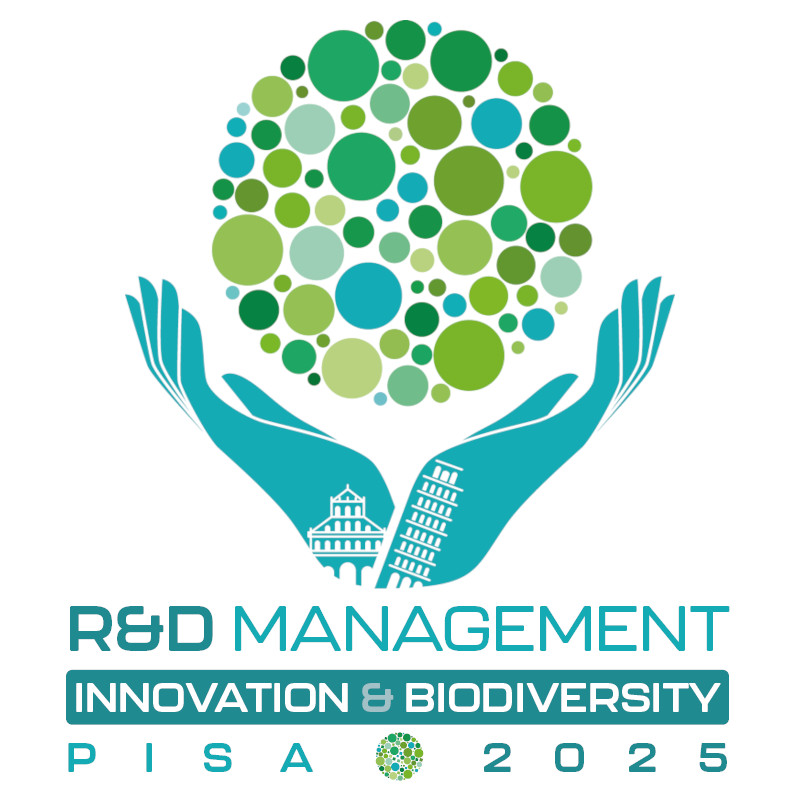“We aim to better understand which type of innovation risks really increase with AI, and how they can be attenuated,” comments Petra Nylund, University of Stuttgart, chair of track 2.9 at the R&D Management Conference 2025.
Need for a broader approach
“As the R&D Management community progresses towards an understanding of how AI influences innovation, we are ready to get a better grip on the downsides of AI in innovation,” comments Petra Nylund, University of Stuttgart. Petra is chair of Track 2.9 in the R&D Management Conference 2025.

“We hope for a track that brings together different theoretical and empirical perspectives to have a wider discussion on this topic.
“My co-chairs – Henry, Justyna and Paavo – and I hope for a track that brings together different theoretical and empirical perspectives to have a wider discussion on this topic. I have been working on topics such as industry dynamics, open innovation, and trust-related issues in the context of AI, and this has drawn my attention to the need for a broader approach.”
Track 2.9 The downsides of AI in innovation
As an enabling technology, AI impacts innovations in many fields e.g., health, education, and manufacturing, as well as interdisciplinary innovation processes. While we jump at all the opportunities that AI brings for innovation, we must also take a moment to address the potential downsides resulting from unintended consequences of these powerful tools.
Some of the uncertainty around AI comes from the lack of transparency in terms of data sources for algorithm training, due to black box processes or low AI literacy. In this track, we will try to better understand which innovation risks really increase with AI, and how they can be attenuated.
This requires research to include ecosystemic technology trajectories and the systemic risks inherent in much open innovation. We will also discuss how data strategy can be leveraged to ensure positive outcomes of AI in innovation.
We are looking for submissions across the full range of AI technologies, from problems with uncritical use of GenAI to the ethical issues of AI in Industry 5.0. This also means we expect very different theoretical approaches including innovation leadership, innovation ecosystems, and socio-technical transitions, to name but a few.

R&D Management Conference 2025:
Innovation & Biodiversity
Institute of Management of Scuola Superiore Sant’Anna, Pisa
30 June – 2 July 2025
Track 2.9 The downsides of AI in innovation
Track chair: Petra Nylund, University of Stuttgart
Co-chairs:
Henry Lopez-Vega, Umeå University
Justyna Dąbrowska, RMIT University
Paavo Ritala, LUT University

